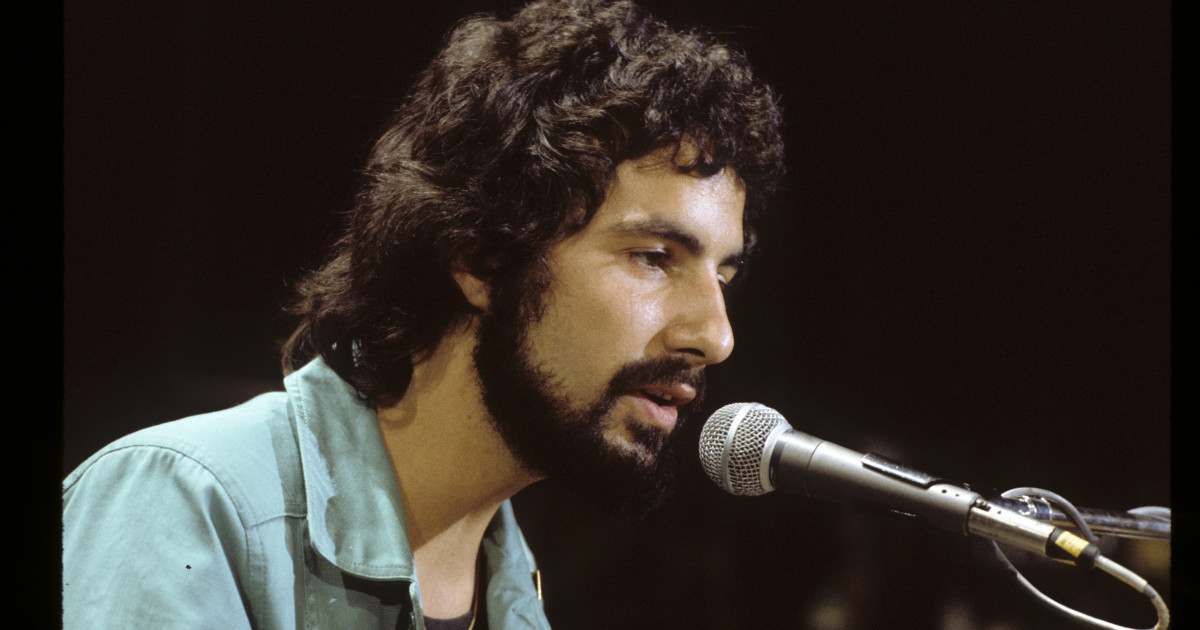Copyright Parade

Yusuf/Cat Stevens isn’t down with cancel culture. The legendary singer and songwriter, 77, who rose to stardom during the ’70s with beloved songs like “Father and Son,” “Wild World,” and “Peace Train,” reached the top of the charts in 1970 with his iconic album, Tea for the Tillerman. Stevens also released his memoir, Cat On The Road To Findout, earlier this month. While he’s been back on the road touring in recent years, Stevens hung below the radar for several decades after converting to Islam. However, he’s back to singing his heart out! One thing Stevens isn’t crazy about is cancel culture. The legendary singer opened up to The Telegraph about his distaste for cancel culture, calling it “a dangerous form of personality murder.” “It is another way of silencing opinions you don’t agree with,” Stevens continued. His Conversion to Islam While swimming off the California coast in 1976, Stevens started to drown. In a moment of panic, he prayed for God to save him. “Oh God, if You save me, I’ll work for You!” he prayed, he told The New York Times earlier this year. “I thought I could swim well, but I could not fight or beat the ocean. I had only seconds left,” he continued. “When I realized my vulnerability, what else could I do? My body was disappearing. I had only my soul left.” He survived and converted to Islam. “Whenever I do anything, it’s 100 percent,” Stevens told The Telegraph. “When I was in music, I was devoted as you could be. So when I became a Muslim, it was that same urge for perfection, and a compulsion for the truth. Not to hurt anybody, but truth sometimes makes enemies.” While he had initially renounced music and musical instruments, he has since grown more lenient on the topic. In 2002, he picked up a guitar for the first time in 20 years. Almost immediately, he started writing music again. “It was good for my health. I think there was pent-up frustration, not being able to express myself lyrically or poetically,” he said. He resumed touring in 2015. His New Memoir Earlier this month, Stevens released his memoir, “a profound exploration of identity, faith, and the universal search for meaning.”



